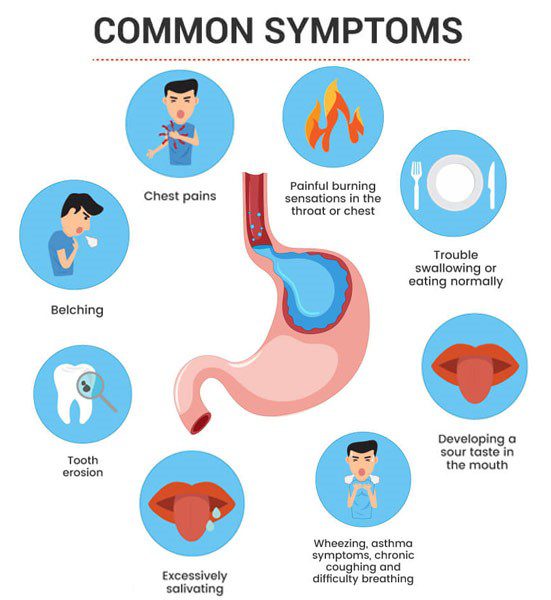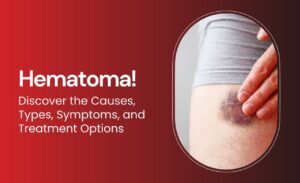Healing from a herpes outbreak, whether oral (cold sores) or genital, can be uncomfortable and frustrating due to symptoms like pain, itching, and sores. While herpes (HSV-1 and HSV-2) cannot be cured, there are several strategies and treatments that can help manage and speed up the healing process during an outbreak. In this blog post, we’ll explore practical tips, home remedies, medical treatments like Acyclovir cream uses, and lifestyle adjustments that can aid in healing herpes outbreaks quickly and effectively.
Understanding Herpes Outbreaks:
Herpes simplex virus (HSV) is a common viral infection that manifests as oral herpes (cold sores) or genital herpes. Outbreaks occur when the virus becomes active and replicates in the skin or mucous membranes. Factors such as stress, illness, hormonal changes, and weakened immune system can trigger outbreaks. Symptoms typically include:
- Pain, burning, or itching around the affected area.
- Redness and swelling preceding the formation of blisters or sores.
- Small fluid-filled blisters that eventually rupture, forming painful ulcers.
- Flu-like symptoms (fever, headache, swollen lymph nodes) may accompany the initial outbreak.
Tips for Healing Herpes Outbreaks:
1. Antiviral Medications
-
Prescription Medications: Antiviral drugs like acyclovir, valacyclovir, and famciclovir are commonly prescribed to manage herpes outbreaks. They can reduce the severity and duration of symptoms when taken at the first sign of an outbreak. Acyclovir cream over the counter is used to treat first outbreaks of genital herpes.
-
Over-the-Counter Creams: Topical antiviral creams (e.g., docosanol) can be applied directly to cold sores to help speed up healing.
2. Keep the Affected Area Clean
-
Gentle Cleansing: Wash the affected area with mild soap and water to keep it clean and prevent bacterial infection.
-
Avoid Touching Sores: Touching or picking at sores can worsen symptoms and delay healing. Wash hands thoroughly if contact is unavoidable.
3. Use Cold Compresses
-
Pain Relief: Applying cold compresses or ice packs to the affected area can help reduce pain, inflammation, and itching.
-
Avoid Heat: Heat can exacerbate symptoms and should be avoided during outbreaks.
4. Stay Hydrated and Rested
-
Drink Plenty of Water: Staying hydrated supports overall health and helps your body recover faster.
-
Get Adequate Rest: Adequate sleep and rest are essential for a strong immune system, which aids in fighting off infections.
5. Pain Relief and Comfort
-
Over-the-Counter Pain Relievers: Nonsteroidal anti-inflammatory drugs (NSAIDs) like ibuprofen or acetaminophen can help alleviate pain and reduce fever associated with herpes outbreaks.
-
Topical Relief: Calamine lotion or aloe vera gel can provide soothing relief to irritated skin.
6. Boost Your Immune System
-
Healthy Diet: Eat a balanced diet rich in vitamins, minerals, and antioxidants to support immune function.
-
Manage Stress: Practice stress-relieving techniques such as yoga, meditation, or deep breathing exercises to reduce the frequency and severity of outbreaks.
7. Avoid Triggers
-
Identify and Avoid Triggers: Keep track of factors that trigger your outbreaks (e.g., stress, certain foods, lack of sleep) and take steps to minimize exposure to them.
-
Sun Protection: Use sunscreen or lip balm with SPF to protect against UV exposure, which can trigger oral herpes outbreaks.
8. Consider Natural Remedies
-
Aloe Vera: Applying aloe vera gel directly to sores can promote healing and soothe discomfort.
-
L-lysine Supplements: Some studies suggest that L-lysine, an amino acid, may help reduce the frequency of herpes outbreaks when taken regularly.
-
Propolis: A natural resin made by bees, propolis has antiviral and anti-inflammatory properties that may aid in healing.
When to Seek Medical Attention:
While most herpes outbreaks can be managed at home, it’s important to consult a healthcare provider if:
- Symptoms are severe or persistent.
- Sores are accompanied by signs of infection such as pus or spreading redness.
- You experience frequent outbreaks or have concerns about your treatment plan.
Conclusion:
Healing from a herpes outbreak involves a combination of medical treatments, home remedies, and lifestyle adjustments aimed at reducing symptoms and promoting faster recovery. While there is no cure for herpes, antiviral medications can help manage outbreaks effectively. Additionally, maintaining good hygiene, managing stress, and supporting your immune system are crucial for minimizing outbreaks and enhancing overall well-being. By taking proactive steps and seeking medical advice when needed, individuals can effectively manage herpes outbreaks and maintain a good quality of life. Remember, each person’s experience with herpes may vary, so finding the right combination of treatments and strategies tailored to your needs is key to managing the condition effectively.










